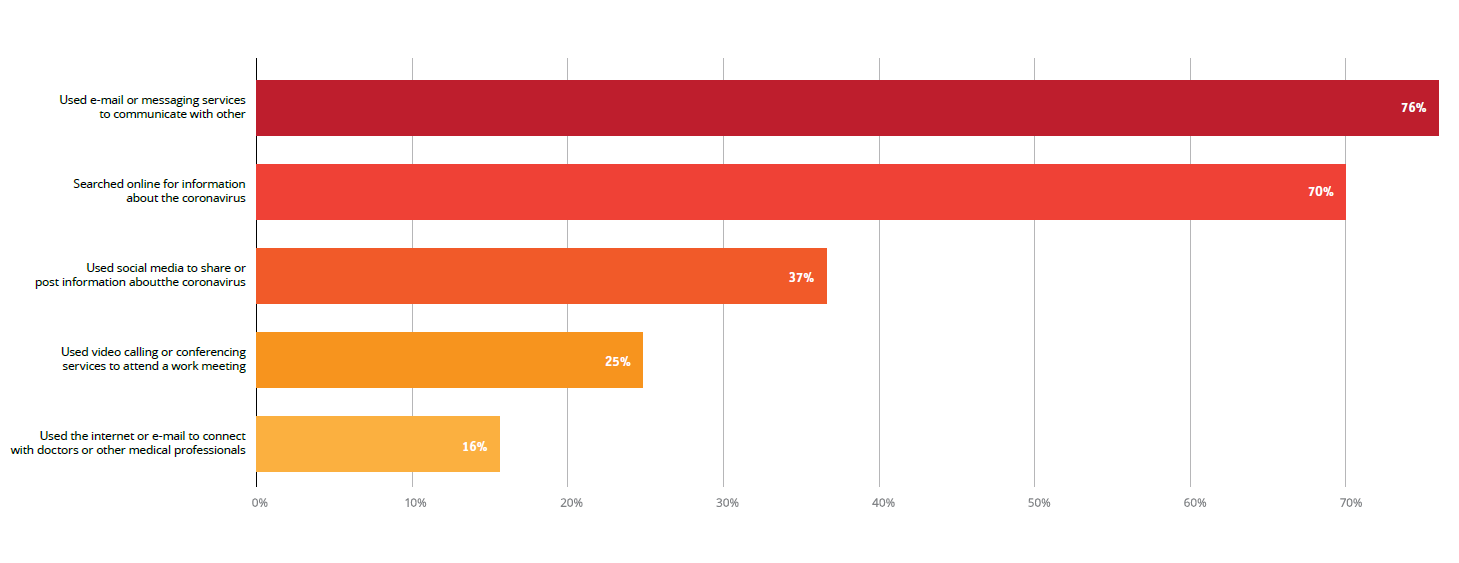How the Covid pandemic changed businesses from Lugera’s perspective
By Juraj Bakoš | Lugera & Maklér spol. s r.o.
Since the Covid-19 hit the world, business have been turned upside down everywhere. The business has been modified in many aspects and adapted according to the new pandemic situation. The necessary adjustment came not only from an external but also an internal perspective of business.
Workplace
Social distancing is one of the most common phrases, we can hear often in this time. Does social distancing have any effect on the workplace? Yes it does. Face to face, „roundtables”, and any other meetings have been replaced with online meetings. Many companies adapted their workplace according to the pandemic situations on a daily basis. Health and safety have taken on a completely different dimension as used to be. With that, many businesses have had to adjust to remote working. HR guideline has been updated on an almost weekly basis and IT department ensured running online meetings on any platforms.
Communication
The day-to-day business changed to virtual and digitalized. Reducing mobility has made communication all the more important. As a business, you can not afford to stay silent during a crisis. Your customers want to hear from you, share experiences, and change information. But it is all done remotely and virtually and things can go south quickly. Interviews, business meetings, negotiations, webinars, all of sudden changed to virtual. The business passed from personal to digital by using our devices in a very short period of time. It is also confirmed in a new survey by Statista (Global number one Business Data Platform), where 76% of responding adults stated that due to the COVID-19 outbreak, they had used e-mail or messaging services to communicate with others.
Technology
Is the world already at a place that futurists had warned that jobs would be substituted by automation and robots? For sure pandemic situation rapidly accelerated the use of automation processes and algorithms. Manufacturing companies are now focusing on automating repetitive jobs such as administrative tasks and robots are taking over manufacturing. Whether or not this will cause unemployment is yet to be seen, but definitely brings new needs for retraining and learning new skills once the pandemic situation gets over.
Flexibility
Employers had to step out of the comfort zone and find the best solution how to maximize team effort and keep a solid workflow. Remote working, digitalization, and automatization brought huge players on the market to cutting costs and changing their mindset. Positive experience with increasing productivity when people work with a flexible schedule can bring a different level of benefits for workers in the industry, but also employees in administration, or back office. Employees already realized that is not necessary to work from the office, to have work done.
Leadership
Many employers are complaining about the lack of personal meetings with new employees and putting risk in the hiring process. The impact of online training is hardly equal to a personal approach. Managers are forced to track employee’s productivity and discuss it in online meetings, which makes work significantly more difficult. On the other hand, this situation brought increasing empathy, trust, and employee commitment. Also showed deep differences between loyal hard workers and others.





